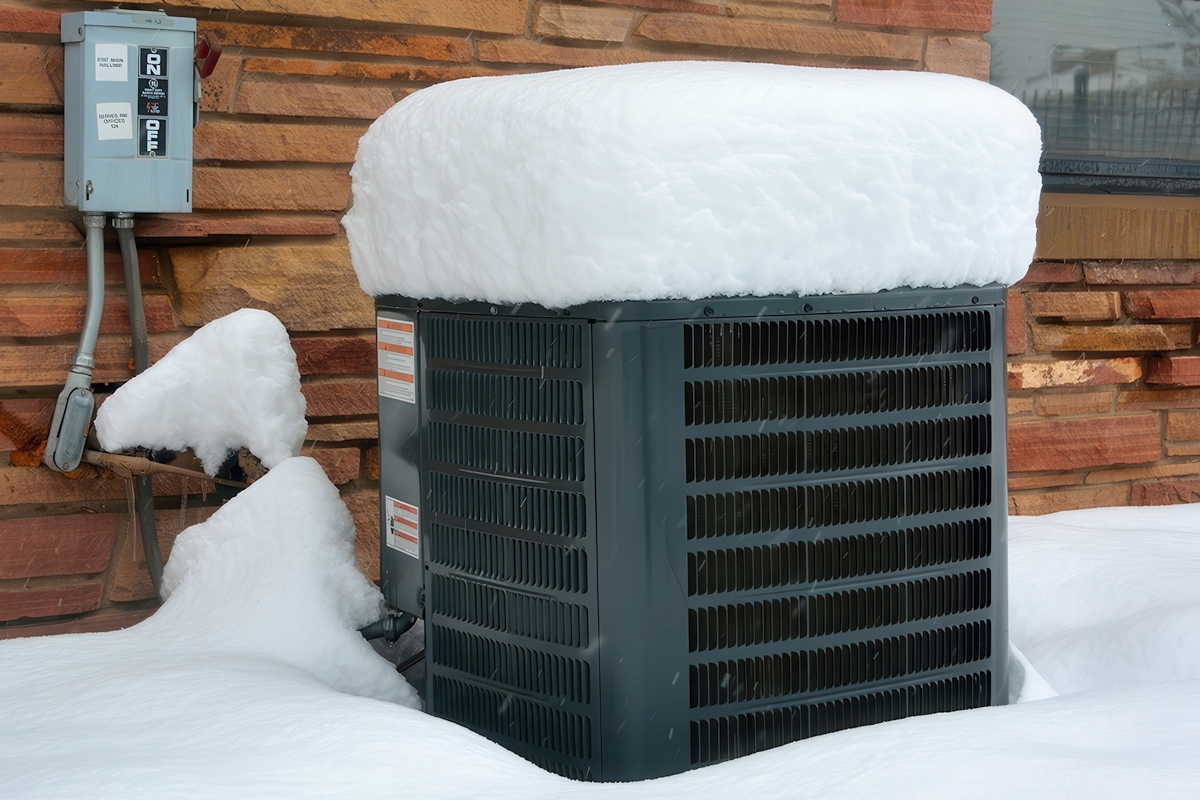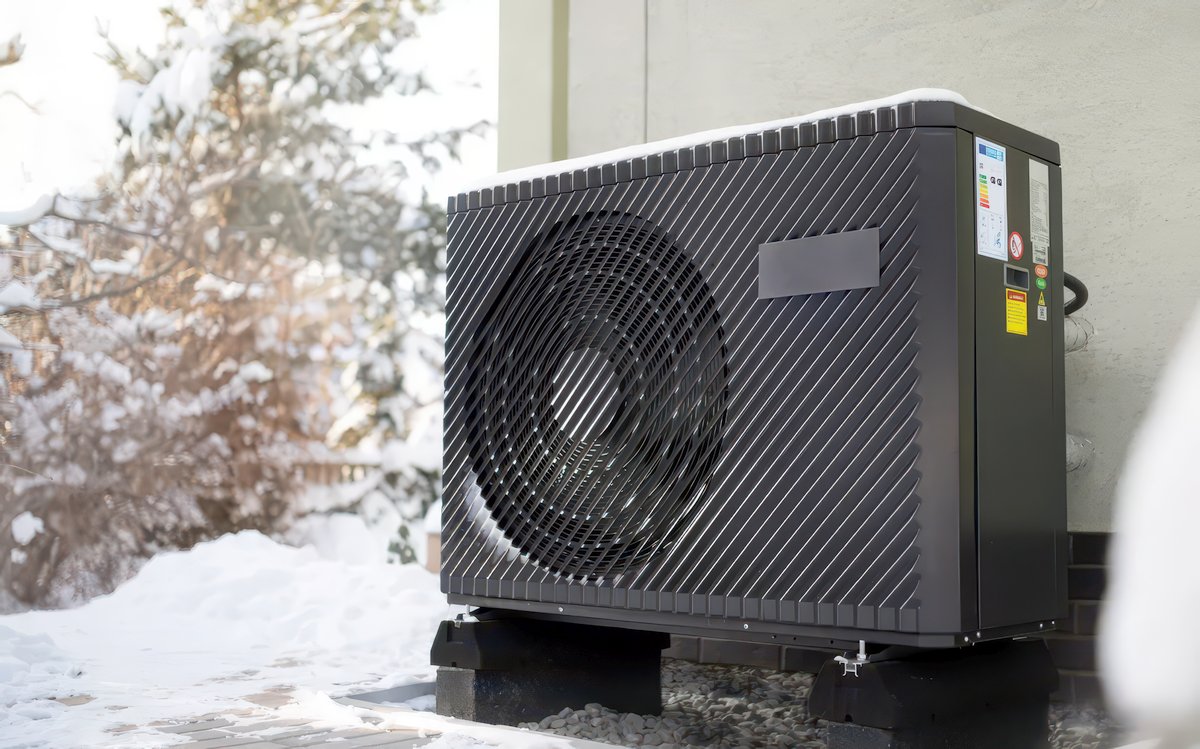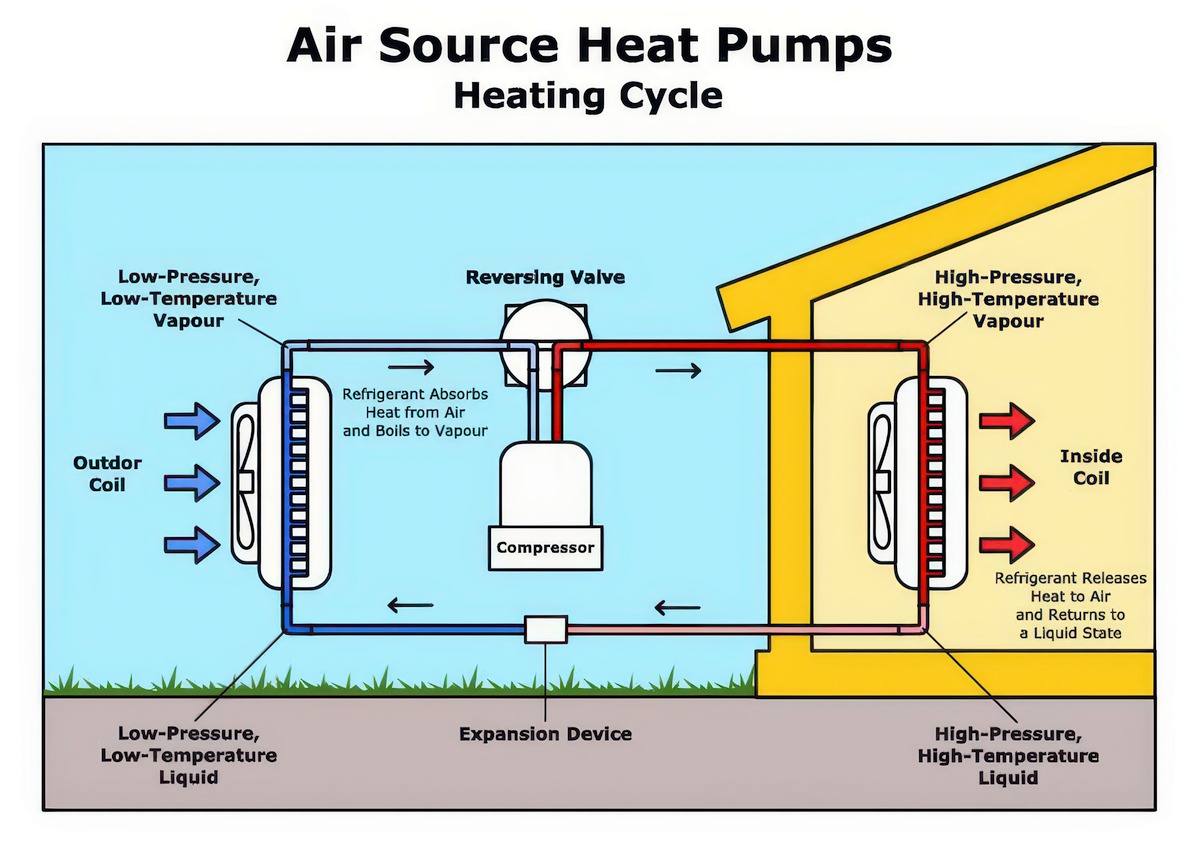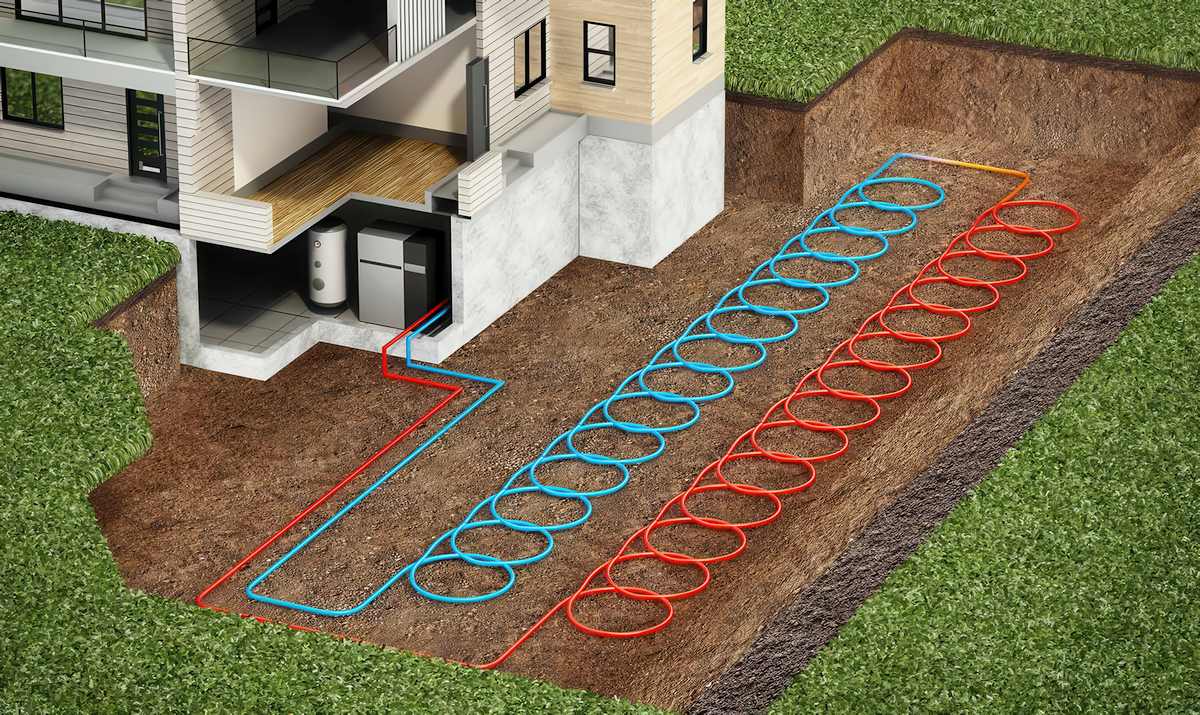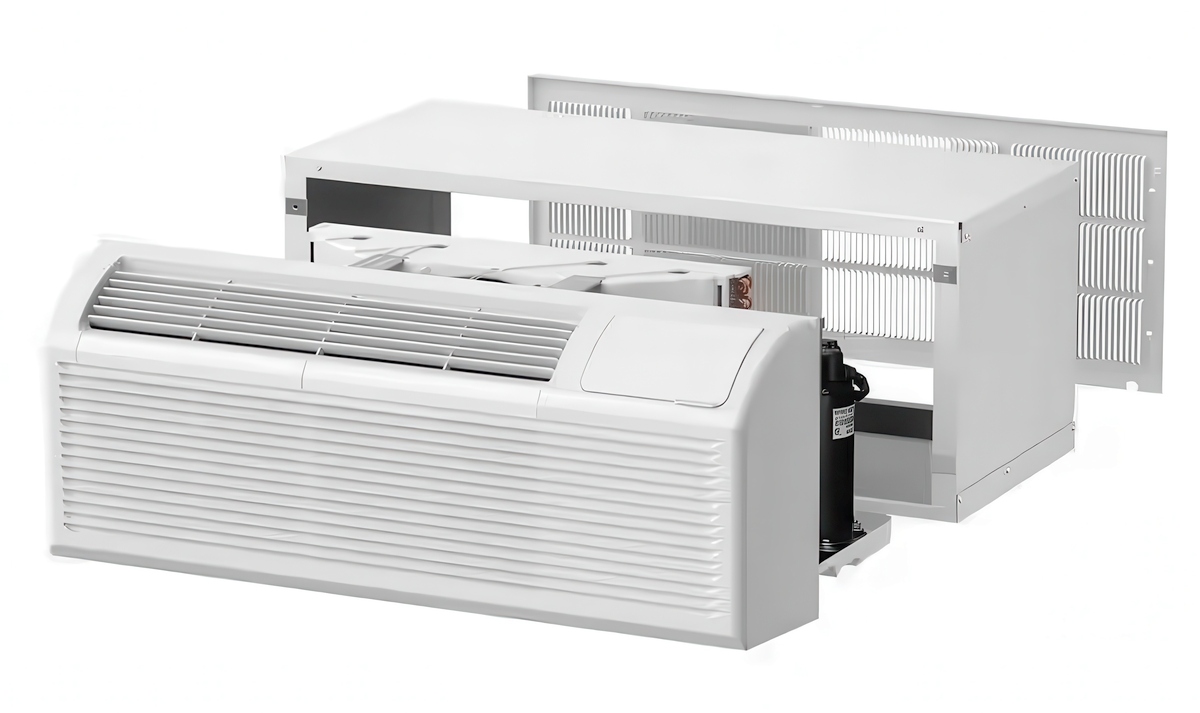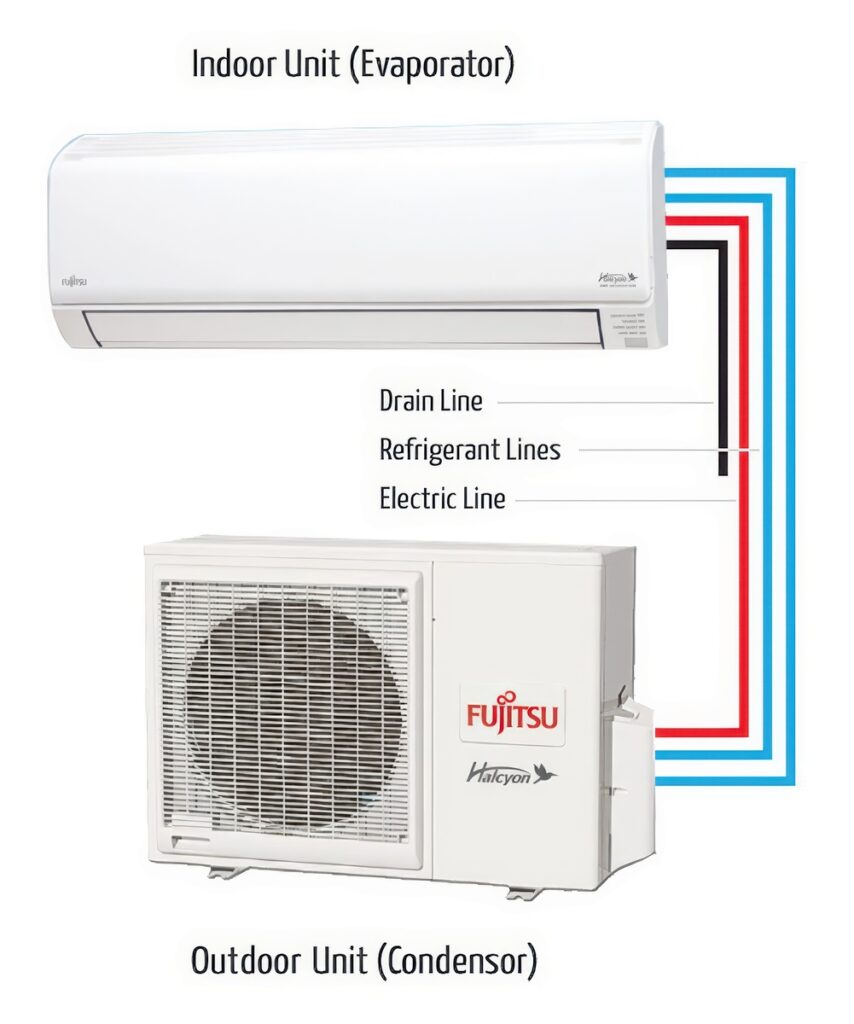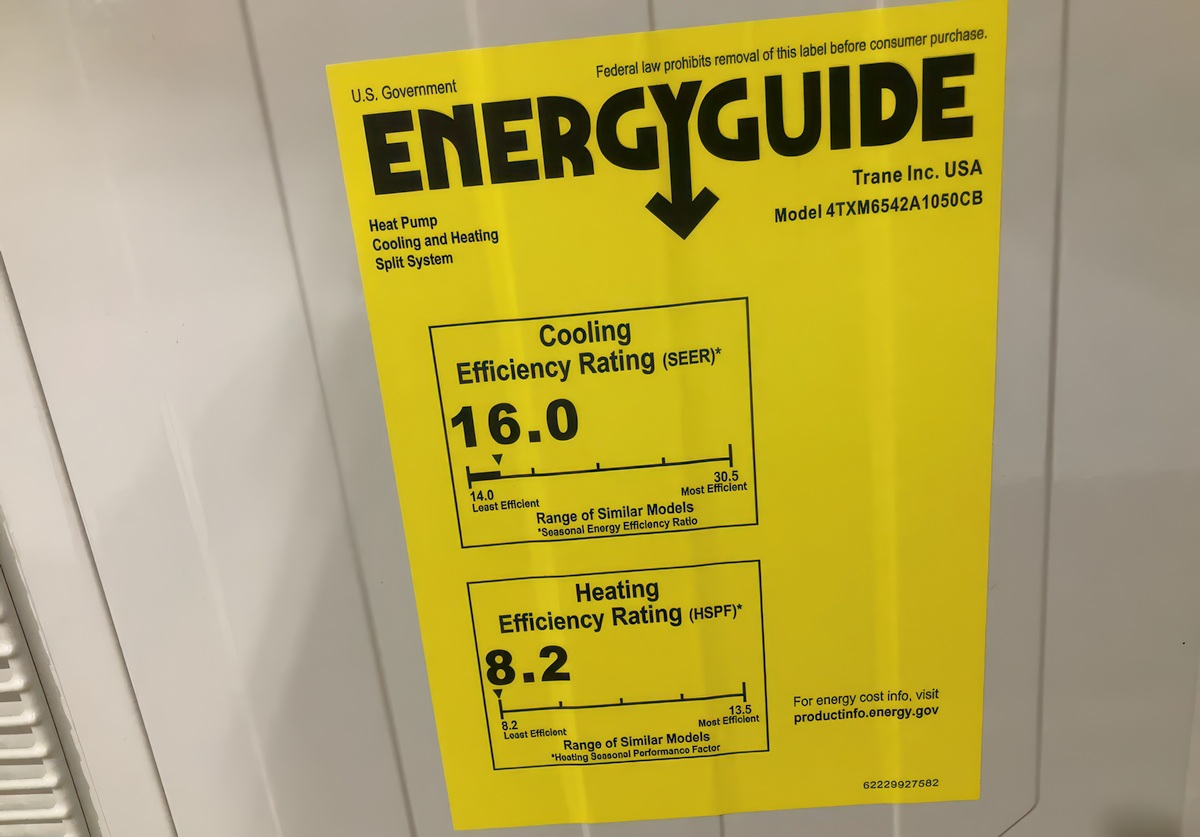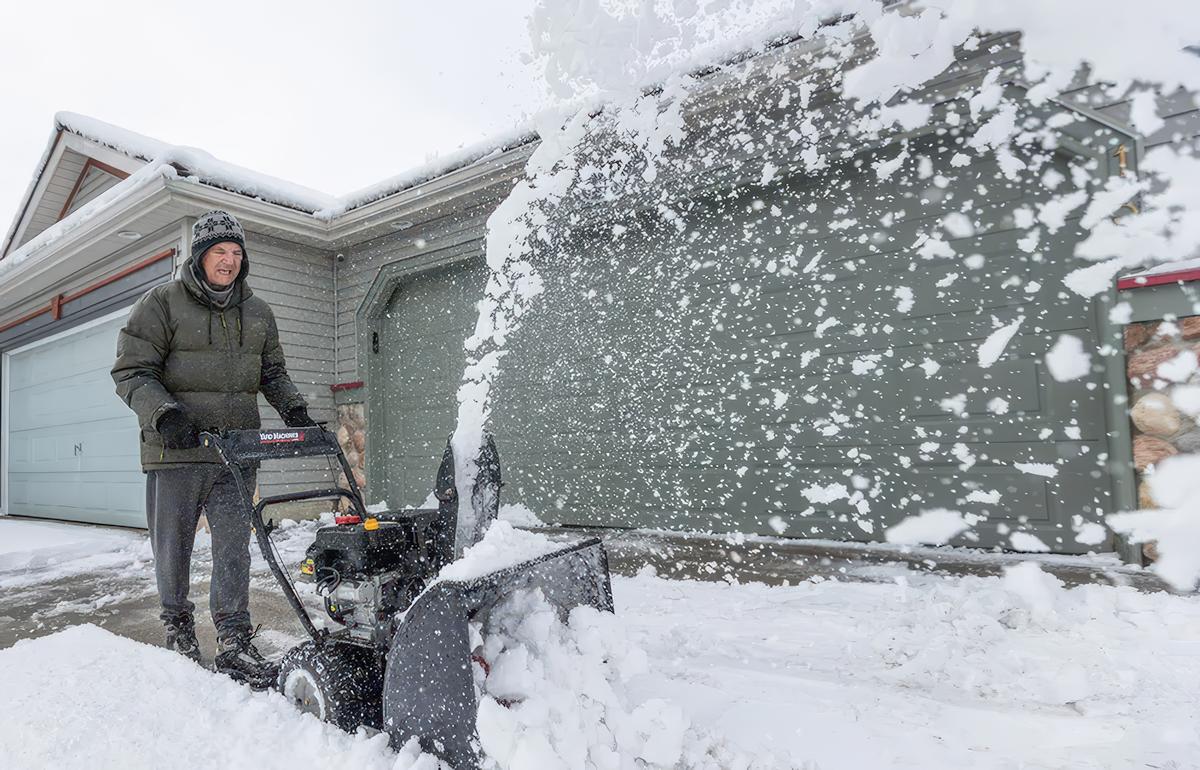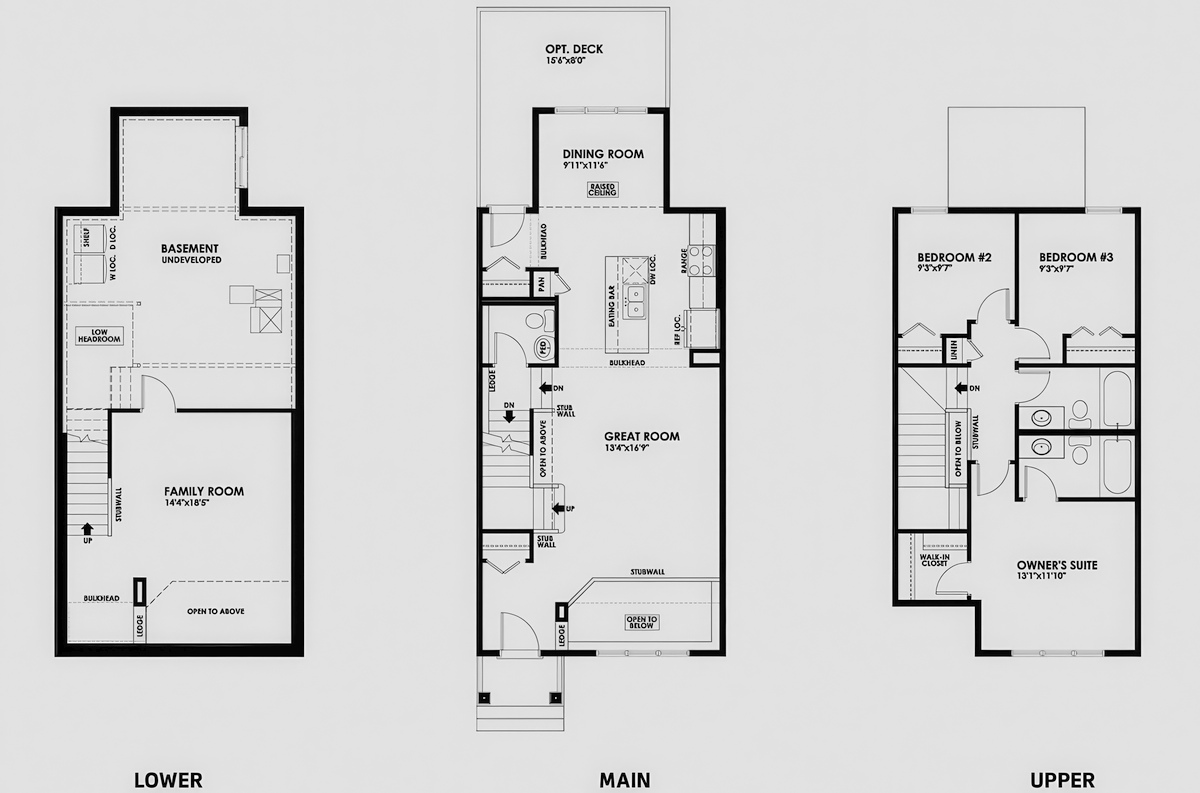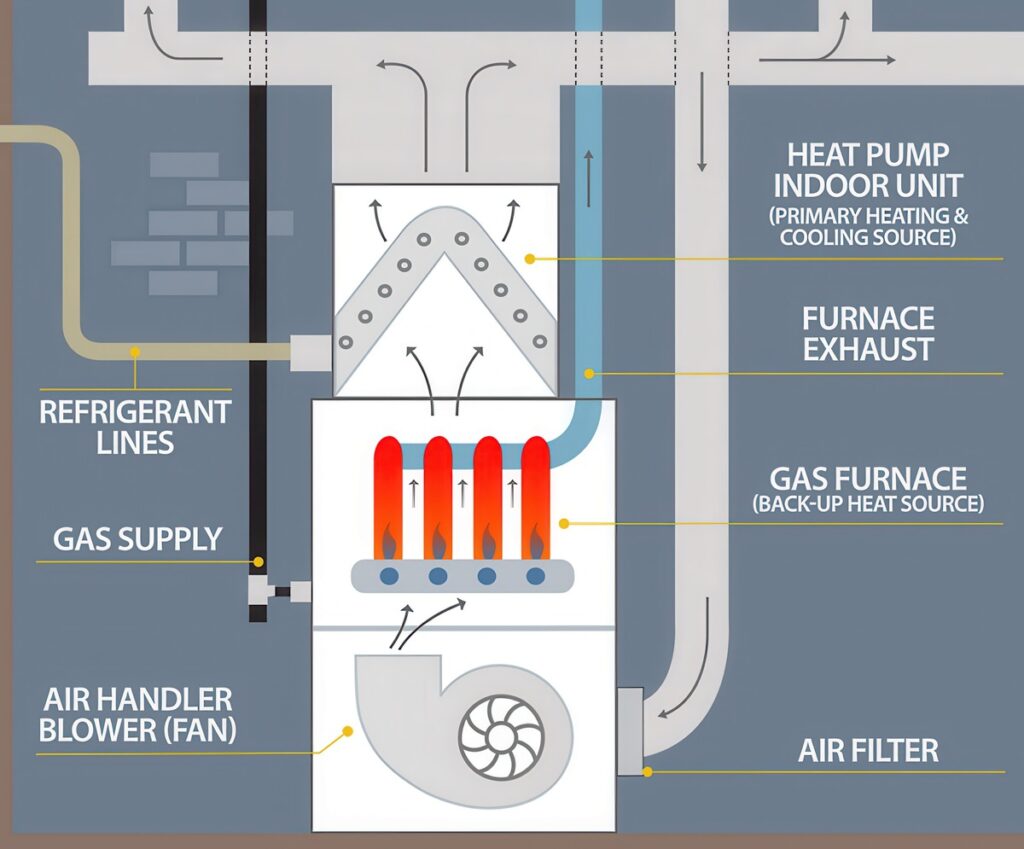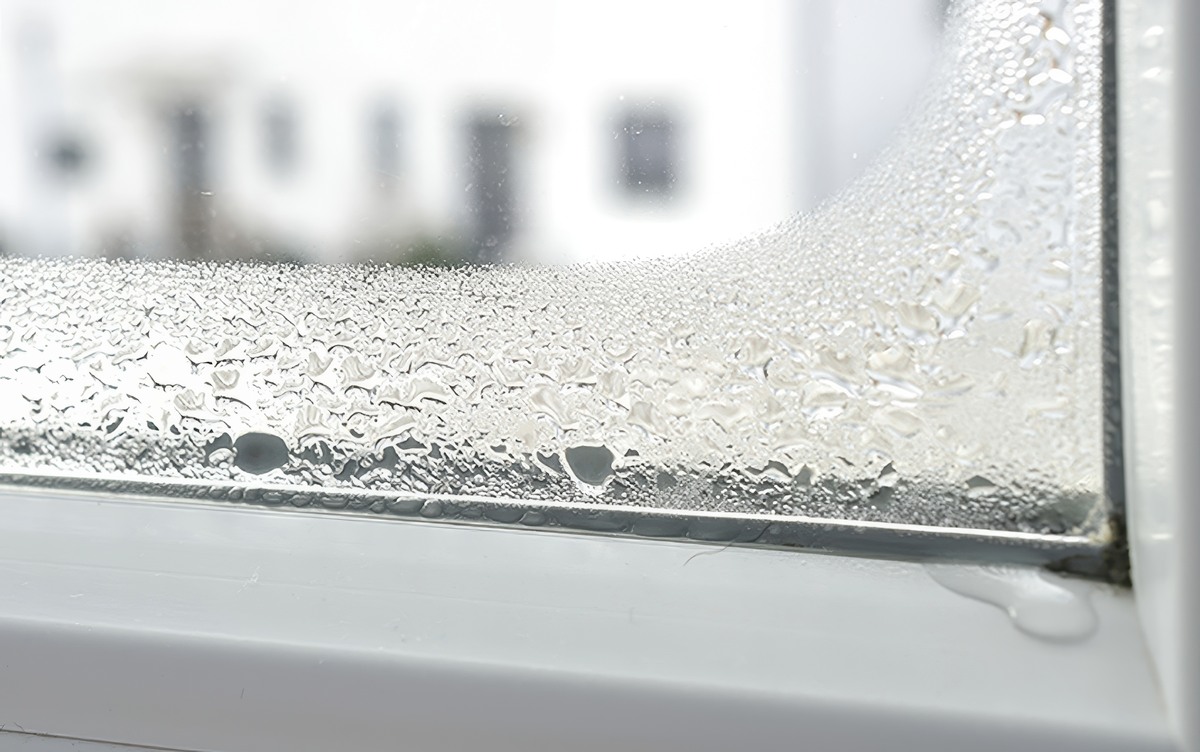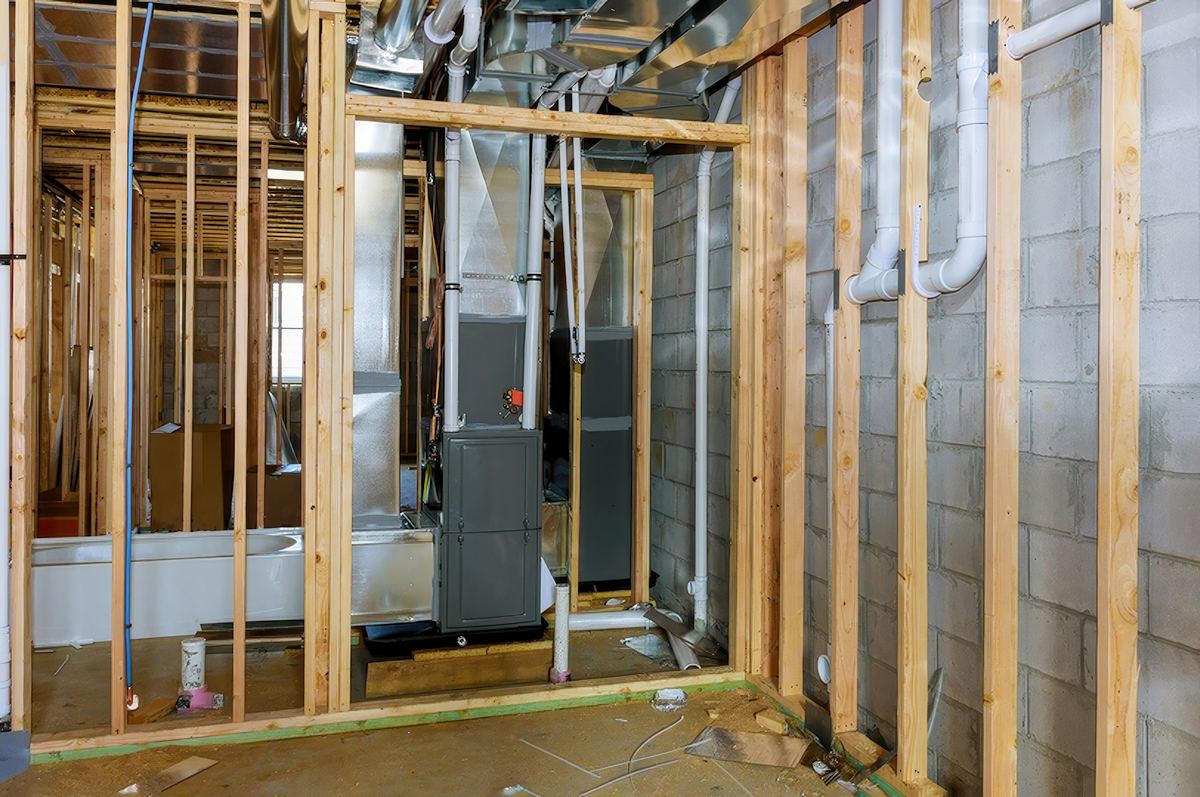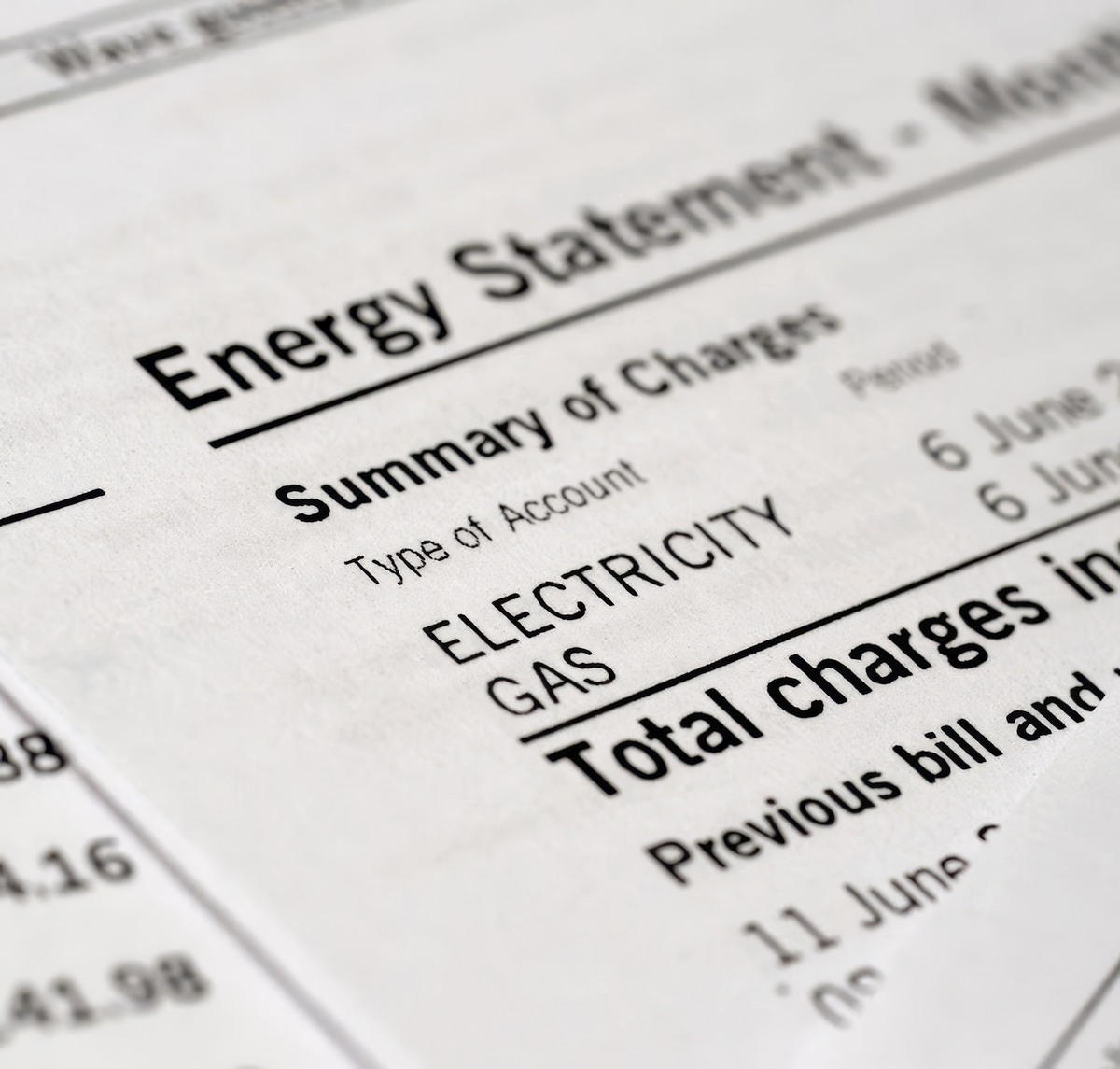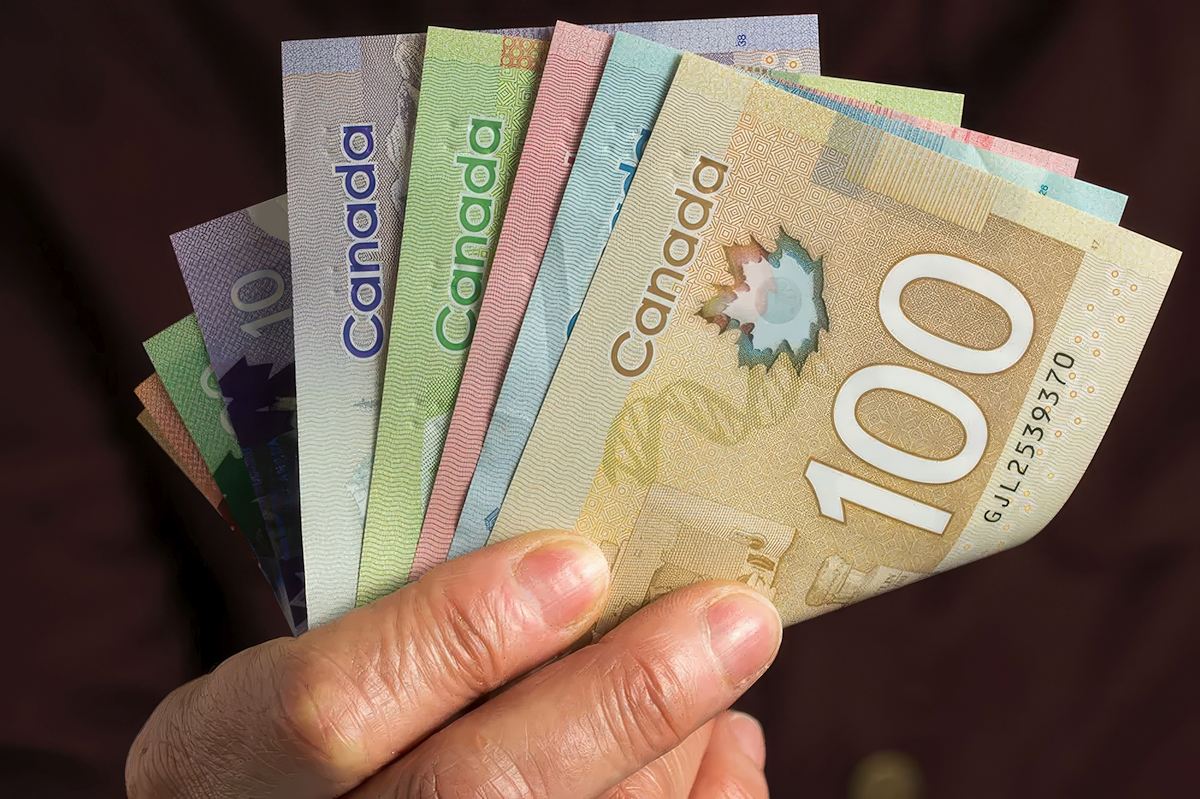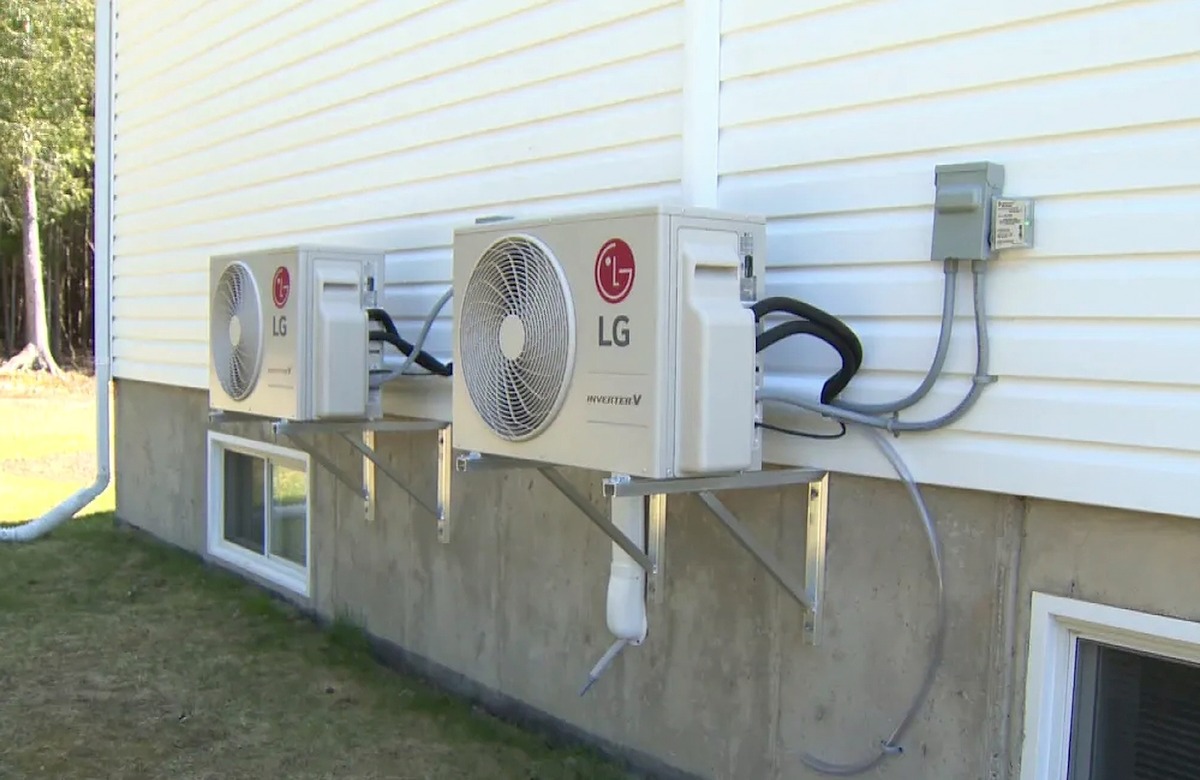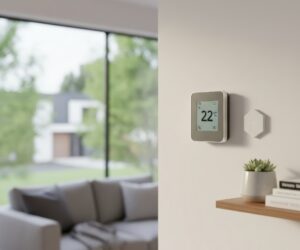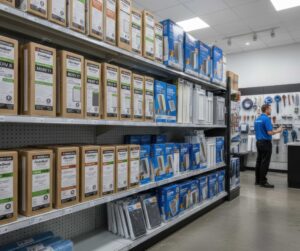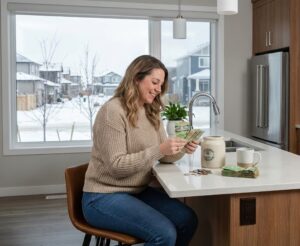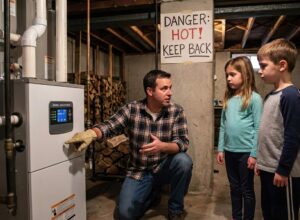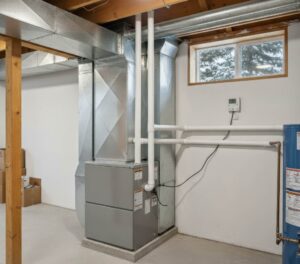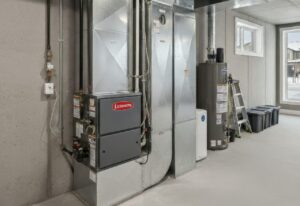Only around one in fifteen Calgary households currently use heat pumps but that’s gradually changing.
More homeowners in Calgary-style cold climates are considering the benefits of heat pumps as the technology improves and myths about their lack of heating slowly fade away.
Because heat pumps both heat and cool the air and are so energy-efficient, many people consider them the future of household comfort and temperature control. If you’re looking to upgrade your HVAC system to a more energy-efficient one to reduce energy bills, a heat pump may fit the bill.
But what’s the initial outlay required? How much do heat pumps cost in Calgary?Be prepared for a higher initial outlay than a traditional furnace or air conditioner—but let’s find out more about the costs of a heat pump installation and how the investment can be paid back…
COST OF A HEAT PUMP IN CALGARY
The cost of a heat pump in Calgary is slightly higher than the cost of a furnace for the initial purchase and installation. Fully installed, a ducted air-source heat pump costs anywhere from $5,000 up to $20,000+—depending on the type of heat pump, installation complexity, home size, existing ducting setup, etc.
In Calgary, you’ll typically need to budget $15,000-$20,000 on average for an air-source heat pump that is capable of heating your home adequately. Geothermal or ground-source heat pumps are closer to $25,000-40,000 to install.
However, one of the main differences between heat pumps and furnaces is that heat pumps use less energy, helping to save money and lower bills—paying back the higher installation costs every month.
MAKE SMART HEATING & COOLING DECISIONS…
For over two decades, Alberta Mountain Air has helped Calgarians solve heating and cooling problems and maintain ideal comfort levels. Get in touch online or call 403-236-4366 for a quote.
Let’s explore the costs of a heat pump in Calgary a little deeper…
TYPES OF HEAT PUMP
Several types of heat pumps are available but most Calgary homeowners will choose an air-source heat pump as this is the most affordable and abundant type on the market.
In some areas of North America, a heat pump replaces the need for both a furnace and an air conditioner. In Calgary, however, a heat pump often operates in tandem with a natural gas furnace, automatically switching to the furnace when the temperatures reach -10 to -15C or below.
Ducted air-source heat pumps
Air-source heat pumps are the most popular type of heat pump in Canada. They are split systems that absorb heat from outdoor air to provide heating energy for your home—and reverse the heating process to cool the home during the summer months, using refrigerant.
Many of the highest-end models offer enhanced features and high energy efficiency. Variable-capacity and modulating systems deliver precise heating and cooling loads based on current conditions. They can also work to reduce humidity and many work almost silently nowadays.
You’ll pay a little more for the higher-end models but homeowners in Calgary may qualify for financing from the Alberta government by switching to a heat pump.
Ground-source (geothermal) heat pumps
Ground-source or geothermal heat pumps use highly efficient buried loop systems. They use the constant temperature of the earth or a body of water to collect heat in a fluid flowing through a buried loop of pipes (the heat exchanger).
Geothermal heat pumps are highly efficient but used less extensively than air-source heat pumps because of their higher installation costs (underground excavation and installation work are required).
Small packaged system for homes
A residential small packaged system combines the indoor and outdoor units of an air-source heat pump into one convenient unit.
These units do the same thing as an air-source heat pump and are generally cheaper and easier to install than the other split-system heat pumps described. However, they are not as popular for Calgary homes because of their lower efficiency and more limited heating performance.
Ductless mini-split system
Ductless mini-split systems may be a good option for smaller homes without an air ducting system installed—homes that currently use radiators or baseboard heating and want to upgrade to a more energy-efficient system.
Individual blower units can be installed in different “zones” or rooms of the home using a single outdoor unit. The multiple blower units increase the upfront costs but maintain a highly energy-efficient system for the long run. They also require no ductwork, which saves on some costs.
Homes with existing air ducts currently using gas furnaces are more likely to install a split system air-source heat pump that uses the existing ducting.
Heat pump efficiency ratings
The efficiency rating will greatly affect the cost of a heat pump in Calgary. The higher the efficiency, the higher the installation cost and the lower the monthly bills, all else being equal.
The heating and cooling efficiency of residential, split-system, air-source heat pumps is calculated using different metrics in Canada:
- SEER2: Seasonal Energy Efficiency Rating 2 is currently the most commonly used efficiency rating for heat pumps in cooling mode (and air conditioners).
- HSPF2: Heating Seasonal Performance Ratio 2 is used to measure a heat pump’s heating efficiency.
- Coefficient of Performance (COP) is the ratio between the rate at which the heat pump transfers thermal energy (in kW), and the amount of electrical power required to do the pumping (in kW).
Generally speaking, models rated at 9 HSPF2 or above should be considered high-efficiency models for heating, with the most energy-efficient models rated at 10.5 HSPF2. For cooling, models rated at 17 SEER2 and above are considered highly efficient, with the highest efficiency heat pumps rated at 22 SEER2.
Note that, since 2022, split system, small-duct, high-velocity heat pumps with a cooling capacity less than 65,000 Btu/hr must meet or exceed a SEER2 value of 14.0 and an HSPF2 value of 5.5 in Canada.
Most Calgary homeowners don’t want to gamble with their home comfort—especially when it comes to heating the home in winter. Paying a bit more for a high-end heat pump and installing a split system will lead to greater energy efficiency and peace of mind than a packaged system, in general.
The major HVAC equipment makers like Lennox, Trane, Goodman, Carrier, and so on all make heat pumps these days, so you have many options to choose from.
But what other factors besides heat pump type affect how much your system will cost?
WHAT OTHER FACTORS IMPACT THE COST OF A HEAT PUMP IN CALGARY?
As well as the type of heat pump, several other factors impact the cost of a heat pump in Calgary.
Climate is a factor when choosing heat pumps. Calgary homes face plunging winter temperatures, the warming effects of the Chinook winds, and potentially hot and humid summer months. This puts severe demands on HVAC setups.
Extreme cold weather heat pumps like those used in Calgary cost more to install than standard heat pumps.
For instance, a two-tonne air source heat pump that normally costs $4,500-$7,000 might cost $10,000-$12,000 for an extreme cold-weather version. These models use newer and more advanced refrigerants, with technological improvements helping them to heat effectively at much colder temperatures.
So, a heat pump may still be a cost-effective solution in Calgary, after weighing up the following factors…
The size, layout, and build quality of your home
A larger home will naturally require more powerful heating and cooling capacity so that adequate volumes of air can be moved at the right temperature throughout the rooms.
Like most HVAC equipment, the standard measurement of heat pump capacity or “size” is BTU (British Thermal Units). Heat pump size is also often quoted as tonnage. A 2.5 to three-tonne unit is adequate for most homes but residential heat pump tonnage varies from two to five tonnes.
Generally speaking, when all else is equal, the higher the capacity of the unit, the more expensive it will be.
Larger homes also require more materials during installation, bumping up the overall cost of the heat pump.
Other home factors that affect the costs of a heat pump in Calgary are:
- The height of ceilings: higher ceilings (e.g., 10-feet or more) generally require more cooling capacity, as do vaulted ceilings and rooms with an open second story and/or loft.
- The home’s layout: if the home has several floors or is particularly spread out over a large area, a second heat pump may be required to provide sufficient heating/cooling throughout a zoned system (more expensive to set up).
- Number of occupants: the more people who live in the home, the greater the cooling requirement in the warmer months, generally speaking.
- The build quality: if the home is well-insulated with a high standard of roofing and other materials, the heating and cooling requirements are likely to be lower than homes with poorer build quality, leading to lower costs.
If you operate a heat pump in tandem with a furnace, as many Calgary homes do for heating, a second heat pump would usually be unnecessary.
The complexity of installation
Never select and install a heat pump without a complete assessment of the current HVAC system in your home.
More complex installations are costlier than simple ones—again, this is mainly common sense.
The existing ductwork is an especially important factor that will affect heat pump cost. If the ductwork is old, leaking, clogged or is not the right size for the heat pump installation, it will need attention, adding to the costs. Ductwork cleaning, repairs or replacement is labour-intensive work that requires the right equipment and know-how from HVAC professionals.
Other factors can add complexity to the installation. For instance, if new copper refrigerant lines are needed, the overall costs of the heat pump go up. If the home is oriented to receive a lot of sunshine and/or there are many leaky windows, this can add to the complexity and the size of the unit and the power of heating/cooling required.
Likewise, if extra insulation, caulking or weather stripping is required, the labour and material costs of installation go up.
Backup HVAC equipment
The heating efficiency of heat pumps declines in very low temperatures (-10 to -15 degrees Celsius and below), presenting a problem for Calgary homeowners. Every winter we experience many days below this temperature.
Previously, heat pumps were not used extensively in Alberta because of negative perceptions about their heating capacity and the availability of low gas prices to run furnaces. Recent technological advances have led to increased heating capacity and efficiency, making high-efficiency heat pump models a more practical alternative now (more detail below).
The most cost-effective solution in Calgary is often to use a heat pump with a backup furnace, which kicks in when the temperatures plummet. So a heat pump doesn’t necessarily replace a furnace but can work alongside it.
A heat pump is cheaper to run than a furnace. For most of the winter, the heat pump acts as the primary heating source. In really cold weather, smart HVAC setups automatically switch to the furnace for its extra heating power. This is sometimes called a “dual-fuel system” and is ideal for the climate extremes we experience in Alberta.
Remember, high-efficiency systems are generally cheaper to run but have higher costs associated with purchasing and installing the unit.
HEAT PUMPS AND ONGOING COST SAVINGS
Heat pumps that are sufficiently rated to heat Calgary homes and professionally installed don’t come cheap.
However, pricing plans can help homeowners budget for the costs of a heat pump installation and financing assistance may be available from the Alberta government as mentioned. The ongoing costs of running a heat pump are lower than with other HVAC setups, softening the blow of the higher upfront costs.
Heat pumps are almost always cheaper to run than oil or propane furnaces or electric baseboard heating—but they also compare favorably with gas furnaces.
In Alberta, natural gas is traditionally the chosen fuel for heating because of its availability and affordability. However, the high efficiency of modern heat pumps, which use electricity for the heat transfer process rather than gas combustion, keeps the energy bills down.
A professionally installed heat pump can produce up to three times more heat energy for a home than the electrical energy it consumes. But does this apply in the coldest regions like Alberta?
One study by the Northeast Energy Efficiency Partnerships in the U.S. found that when units designed specifically for colder regions were installed in the Northeast and Mid-Atlantic regions, the annual savings were around 3,000 kWh (or $459) compared to electric resistance heaters— and 6,200 kWh (or $948) when compared to oil systems.
It is also estimated that highly efficient geothermal heat pumps can reduce a property’s energy bills by 65 percent.
In “dual fuel” setups in Alberta, the furnace may be used a little more but even these systems can result in significant savings for homeowners, especially when the heat pump system carries the majority of the heating and cooling load all year round.
FAQs
How long do heat pumps last?
With professional installation and regular heat pump maintenance, units will last between 15 and 25 years, representing a long-term investment with potentially significant financial benefits.
What’s cheaper to buy: A heat pump or a furnace?
Generally, the upfront costs of a heat pump are higher than a gas furnace. However, it does depend on the existing HVAC “infrastructure” in the home. Gas furnaces require ducting and ventilation systems because they combust gases—and if there is no existing gas line into the home, the costs may be high. In such homes, a ductless mini-split heat pump system may be a good option.
If existing ductwork can be used, a standard air-source heat pump will usually cost a little more to install than a new gas furnace—but the running costs are lower each month.
How do the maintenance costs of heat pumps and gas furnaces compare?
Gas furnaces typically require at least annual maintenance before the cold season sets in. They also need regular filter changes and may require furnace repairs as the unit ages. Heat pumps require annual maintenance to run at peak efficiency and avoid common issues too, with air filters also needing to be changed regularly.
Do I qualify for an energy rebate in Alberta?
Unfortunately, the Canada Greener Homes Grant program is no longer accepting new applications. Grants from $125 to $5,000 were available for retrofits involving heat pumps and other energy-efficient projects.
Are tax credits available for HVAC equipment?
Tax credits for high-efficiency HVAC equipment may be available for homeowners in Canada through federal and provincial government agencies. This can ease the financial burden of upgrading heating and cooling equipment. Check with the professionals at Alberta Mountain Air for the latest information.
Can a heat pump heat the entire home?
Heat pumps can heat entire homes or be used to provide supplemental heating to smaller spaces. It’s important to first get your home’s heating and cooling requirements accurately assessed by a professional, who can calculate the required size and power of the unit(s) you purchase.
Can you replace an old gas furnace with a heat pump?
Yes—but talk with a knowledgeable local professional before doing so as it might leave your home’s heating power short in the coldest snaps.
How do I know when it’s time to replace my heat pump?
If your heat pump is over 10 years old, loses efficiency, and/or needs frequent repairs, it might be time to consider a replacement. However, a high-quality, well-maintained heat pump can last up to 15 or 20 years.
SWITCH TO A HEAT PUMP IN CALGARY?
Simply switching to a heat pump from a standard furnace/AC setup may not be the best approach in Calgary. Often a “dual-fuel” system provides the best of both worlds: energy-efficient heating and cooling for most of the year and the extra heating power of a furnace when the temperatures plummet in the depths of winter.
Before deciding on a heat pump, speak to a reputable local HVAC contractor, who can survey your home, assess its heating and cooling requirements, and recommend an appropriate system.
Our HVAC professionals are SAIT-certified and trained to accurately assess your heating/cooling requirements and install both heat pumps and gas furnaces in Calgary. Call us at 403-236-4366 or contact us online.
